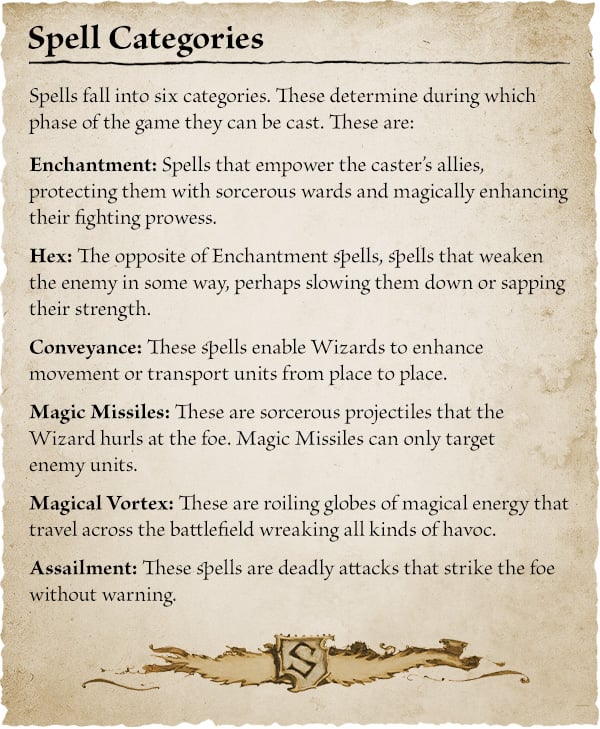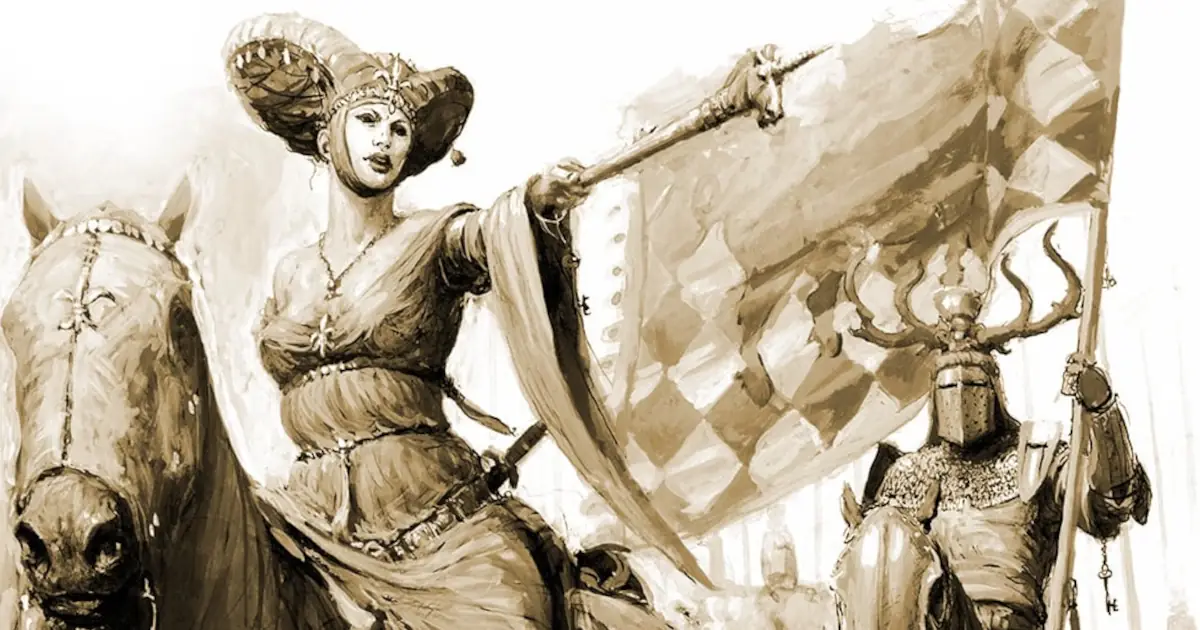Warhammer: The Old World’s early 2024 release is just around the corner, and its exciting rule changes are already causing ripples of excitement within the Warhammer community. The turn structure is being reworked, combat phases are being revamped, and armies are being flavorfully balanced – indeed, much to be excited about.
“But what about magic?”, you may ask. Worry not, it’s being revamped as well – and boy, is it game-changing. Some fans are even calling it game-breaking. We’ll leave these knightly, infantry-loving comments aside for now and take a deep dive into these changes, seeing how they change the way Warhammer: The Old World plays, and what glorious potential is revealed from them.
No Magic Phase? No Problem!
Yes, you read that correctly – say goodbye to the Magic Phase. Does that mean that magic is gone? Not at all. On the contrary, this means that magic can be cast in any phase of the game. Some of you might think that all sorts of Chaos will break loose. That is most certainly not the case Games Workshop have put a detailed structure to keep the Winds of Magic at bay. There are six types of spells, and each spell type is capable of being cast in its appropriate phase. Here is a detailed list of the types of spells and their appropriate phases: Enchantment and Hex – Strategy phase, Conveyance – Movement phase, Magic Missile and Magical Vortex – Shooting phase, and finally Assailment – Combat phase.

In typical Old World fashing, however, not all goes according to plan. Wizards and spellcasters of all shapes and sizes are extremely powerful entities. In order to achieve that level of power, they deal with extremely volatile energies. On occasion, an overconfident wizard may cast more than his hubris can handle, at which point several things may occur, ranging from bad to very bad. This is perfectly represented by the Miscast mechanic. Essentially, when you roll a natural double 1 (ouch), you get to throw on the Miscast table to determine what the unfortunate outcome will be. Here’s a detailed table listing all the ill-fated (and not-so-ill-fated) outcomes of a Miscast.

Too Much Magic in the Phases? Interrupt!
The eight winds of magic are still very much present in the Old World of Warhammer, with each being represented by a lore: Battle Magic, Dark Magic, Daemonology, Elementalism, High Magic, Illusion, Necromancy, and Waaagh! Magic. Each spellcaster can have knowledge of at least two schools but will have to choose only one to use for each battle. Decisions, decisions… But wait, there’s more! Each spellcaster may choose to disrupt their opponent’s spellcasting, providing they meet the requirements to do so.
If you happen to be a level 1-2 spellcaster, you have to be within 18” of your opponent, increased to 24” for levels 3-4. If you are at the appropriate distance, you roll 2D6 dice. If you roll higher than the casting roll of your opponent – you are successful. Note that this can also backfire, however. If you happen to roll a double 1, you have to perform a Miscast roll. Ouch. If you happen to find yourself in a situation where you can’t cast spells – you may roll a Fated Dispel unmodified 2D6 dice roll. Note that all of the above-mentioned rolls and outcomes may be offset by certain magical items a spellcaster may possess, or by some sneaky special rules.

